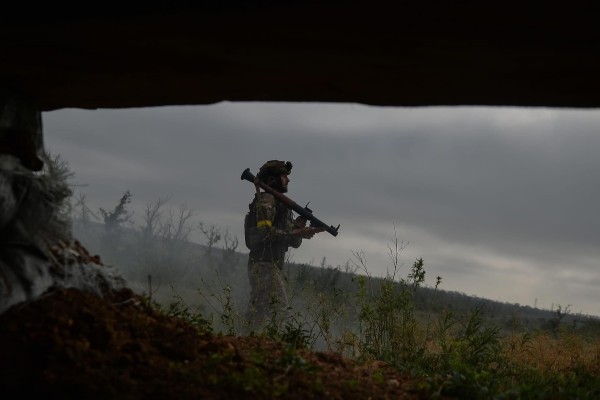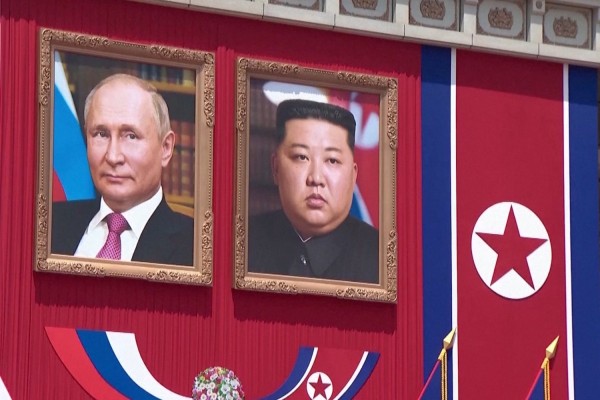-

Canada’s ‘New Red Scare’ is profoundly undemocratic
Our society is not without faults. Our domestic and foreign policies are also often flawed. To correct failings, we need people who point them out, however unpopular that may be. We should be enabling a wide framework of public discourse, not seeking to silence people. To date, we haven’t quite reached the level of hysteria of 1950s McCarthyism, but we are perhaps coming close.
-

Ukraine’s ‘victory plan’ faces sobering realities
While Zelensky continues to talk of restoring all of Ukraine’s lost territory he has begun to wake up to the reality that this is impossible by military means. Unable to shift dynamics in his favour, he is hoping instead to shift the political dynamics by refocusing the Ukrainian war effort away from defending its own territory and towards striking the territory of the Russian Federation.
-

Ukraine rolls the dice on Kursk incursion
The Ukrainian attack on Kursk is a considerable gamble, driven perhaps by a sense that Ukraine’s weak military position left few other options other than a slow, grinding retreat. If it does induce the Russian government to negotiate, then it will have succeeded. But it could also end up extending the war rather than bringing it to a quicker end.
-

In Ukraine war’s shadow, cracks emerging in European consensus
It may appear that European unity on Ukraine is crumbling. This would be a false conclusion. Hungary and Slovakia are very much outliers. Elsewhere in Europe, political leaders remain utterly committed to the Ukrainian cause, and perhaps rather oblivious to the military realities, continuing to talk of supporting Ukraine for “as long as it takes.”
-

Far-eastern promises
The Ukraine war is proving that the world is an interconnected place, as events there are influencing the balance of power elsewhere, including the Far-East. Western sanctions against Russia have, for instance, brought Russia and China closer together. Now, Russia is spreading its influence in the Pacific region, striking a further blow to US interests.
-

The West’s double standards on Georgia’s ‘foreign agents’ bill
It would appear that requiring foreign-funded organizations to register with the government is acceptable as long as it is Western states doing the requiring. But when the tables are turned, and it is Western-funded institutions that are being obliged to register, suddenly foreign agent laws turn out to be threats to democracy that are incompatible with fundamental values.
-

Putin is here to stay, whether the West likes it or not
Russia’s new economic model may prove inefficient in the long term, creating a situation in which it is never able to catch up economically with the West. But in the short term, Russia looks more than able to withstand the pressures of the war in Ukraine. At the same time, Putin is here to stay. These are realities that policy makers in the West are going to have to face.
-

An endgame in Ukraine may be fast approaching
Even if Ukraine can somehow regain the initiative, it seems very doubtful that it could ever gain the degree of military superiority that it would need to achieve its stated political objective of restoring its 1991 borders. It would be unwise to say that that is impossible, but at present it’s very hard indeed to imagine how it could be done.
-

Lenin: a centenary reflection
The cult of personality that the Soviet authorities built around Lenin after his death was fully justified. The revolution of November 1917 really was Lenin’s revolution, and the communist system really was Lenin’s creation. Great impersonal forces matter. But so too does individual agency. The life of Vladimir Lenin proves the point. For good or evil, he changed the path of history.
-

Next year in Ukraine, expect the unexpected
War has so many variables that attempting to predict its every twist and turn is somewhat foolish. At some point, the balance of power in any given conflict may shift so overwhelmingly in favour of one side or another that one can safely put one’s head above the parapet and predict the outcome. But in the case of Ukraine, we are far from reaching that point.



